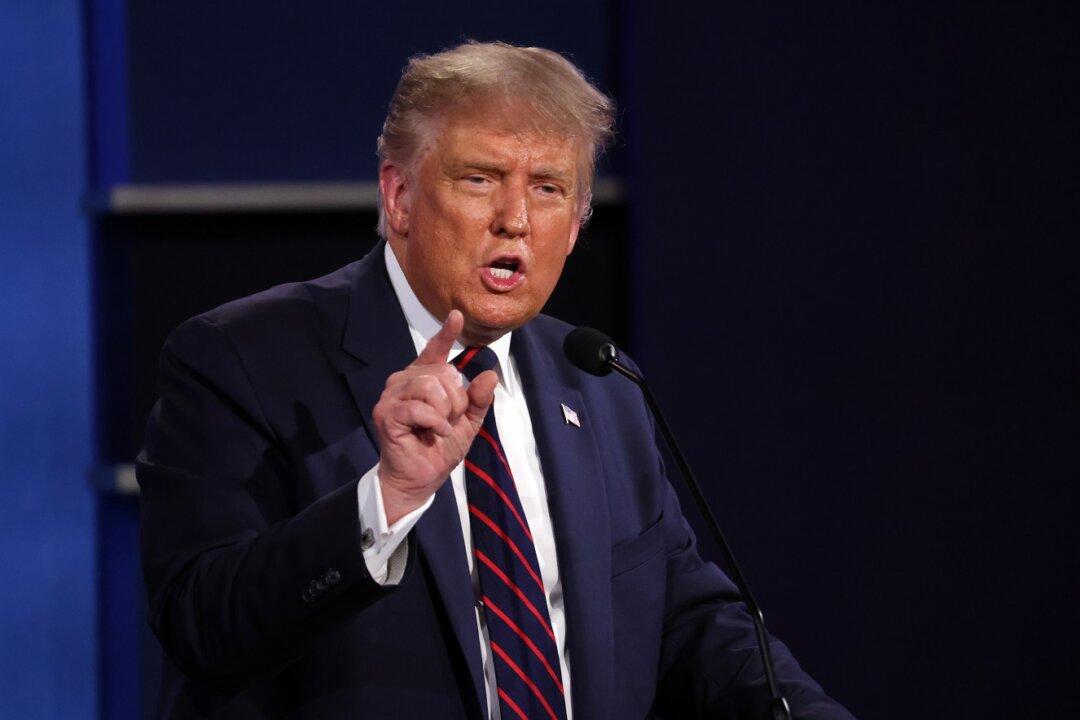Commentary
The world agrees that Tuesday night’s so-called debate between President Trump and former Vice President Biden was a fiasco—and that it was all the president’s fault.

The world agrees that Tuesday night’s so-called debate between President Trump and former Vice President Biden was a fiasco—and that it was all the president’s fault.